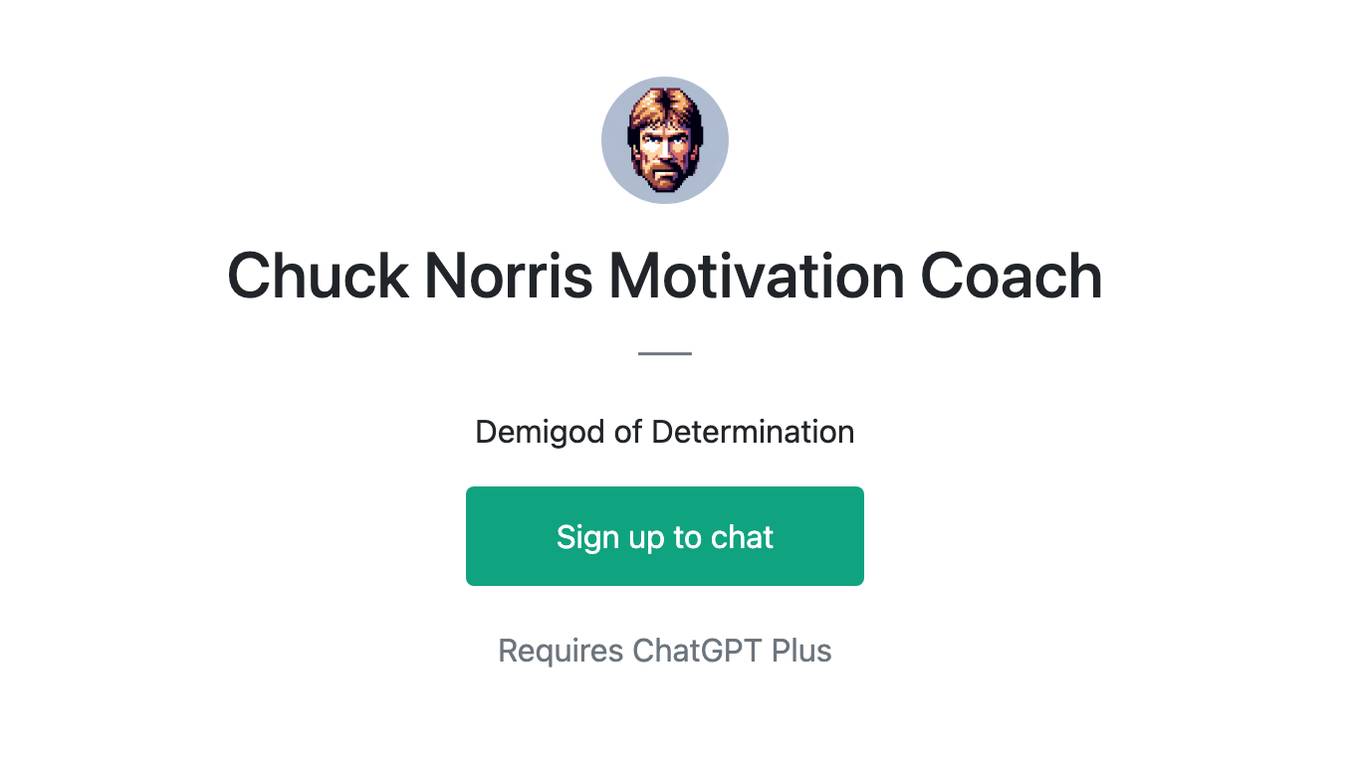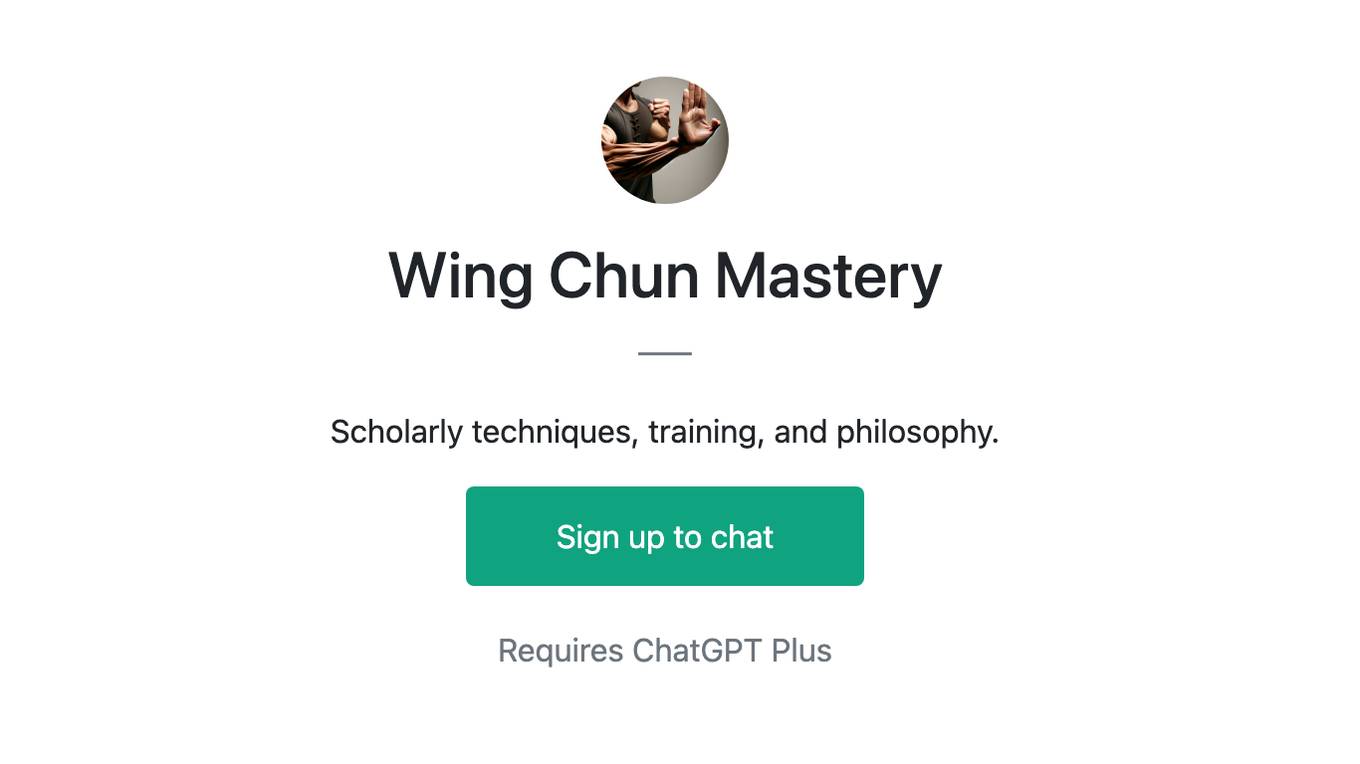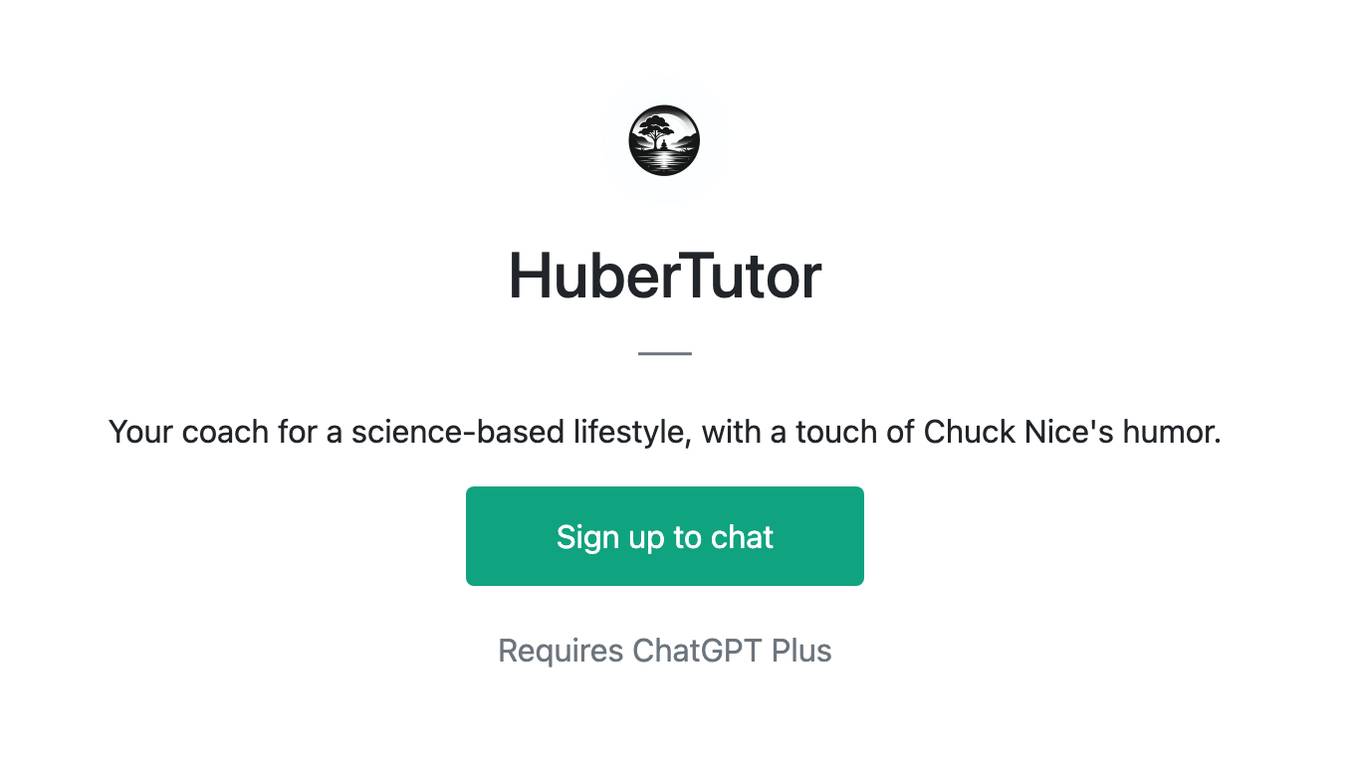Best AI tools for< Chunk Text >
9 - AI tool Sites
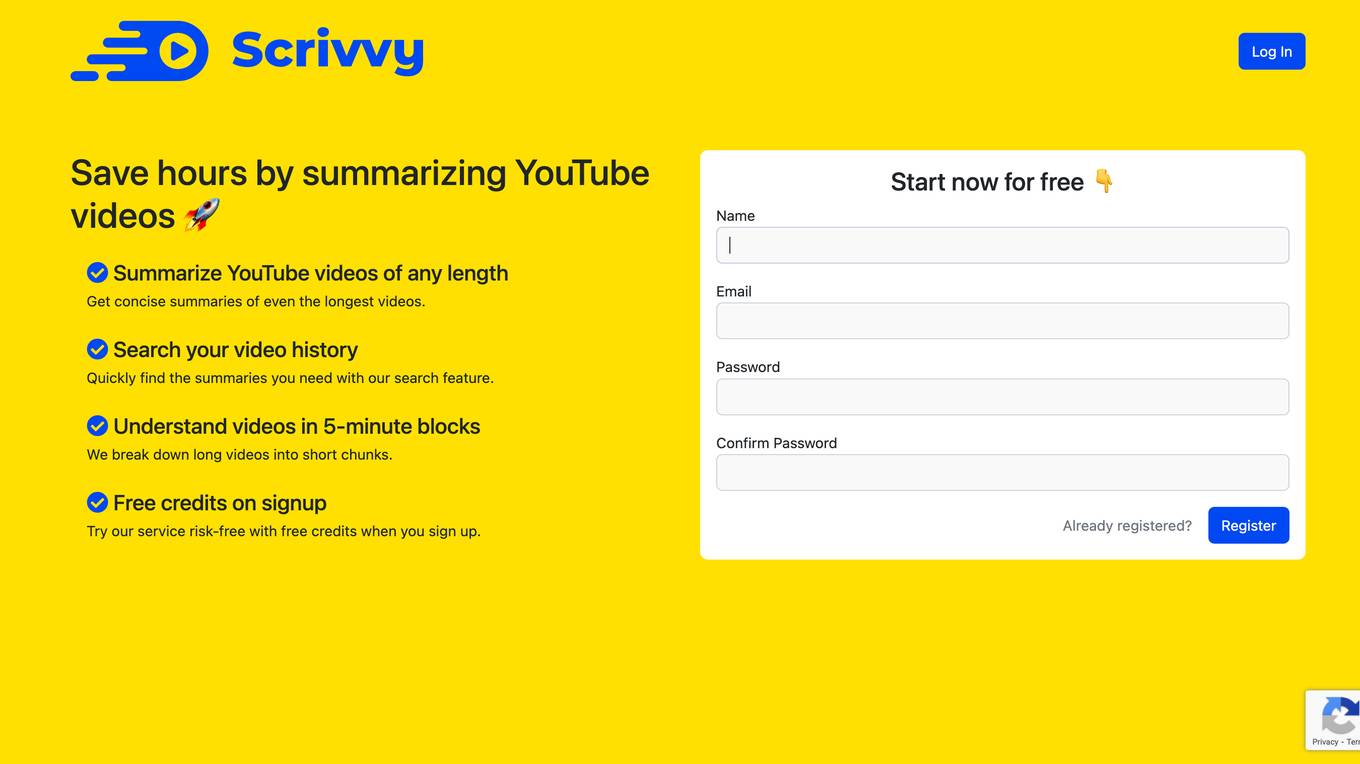
Scrivvy
Scrivvy is a web-based tool that helps users summarize YouTube videos. It uses artificial intelligence to generate concise summaries of videos of any length. Users can search their video history to quickly find the summaries they need. Scrivvy also breaks down long videos into short chunks, making it easier to understand the content. Users can try the service risk-free with free credits when they sign up.
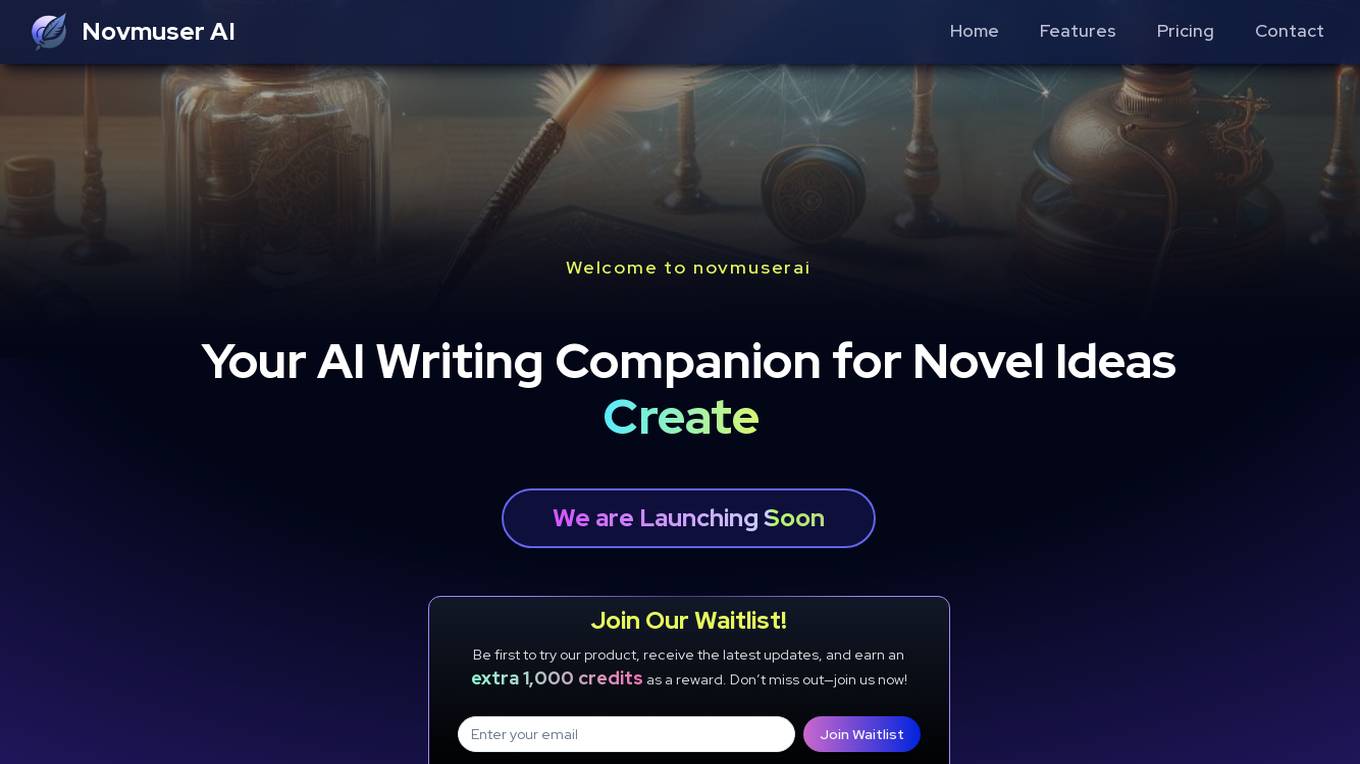
Novmuser AI
Novmuser AI is an AI writing companion designed to assist writers in novel preparation and content creation. It offers features such as AI agent collaboration, dynamic story design, AI-based content chunk generation, and more. With Novmuser AI, writers can enhance their creativity and efficiency by simulating a virtual writing team and managing chapter topics and content chunks with AI assistance. The application aims to streamline the novel writing process and provide real-time adjustments based on creative needs.
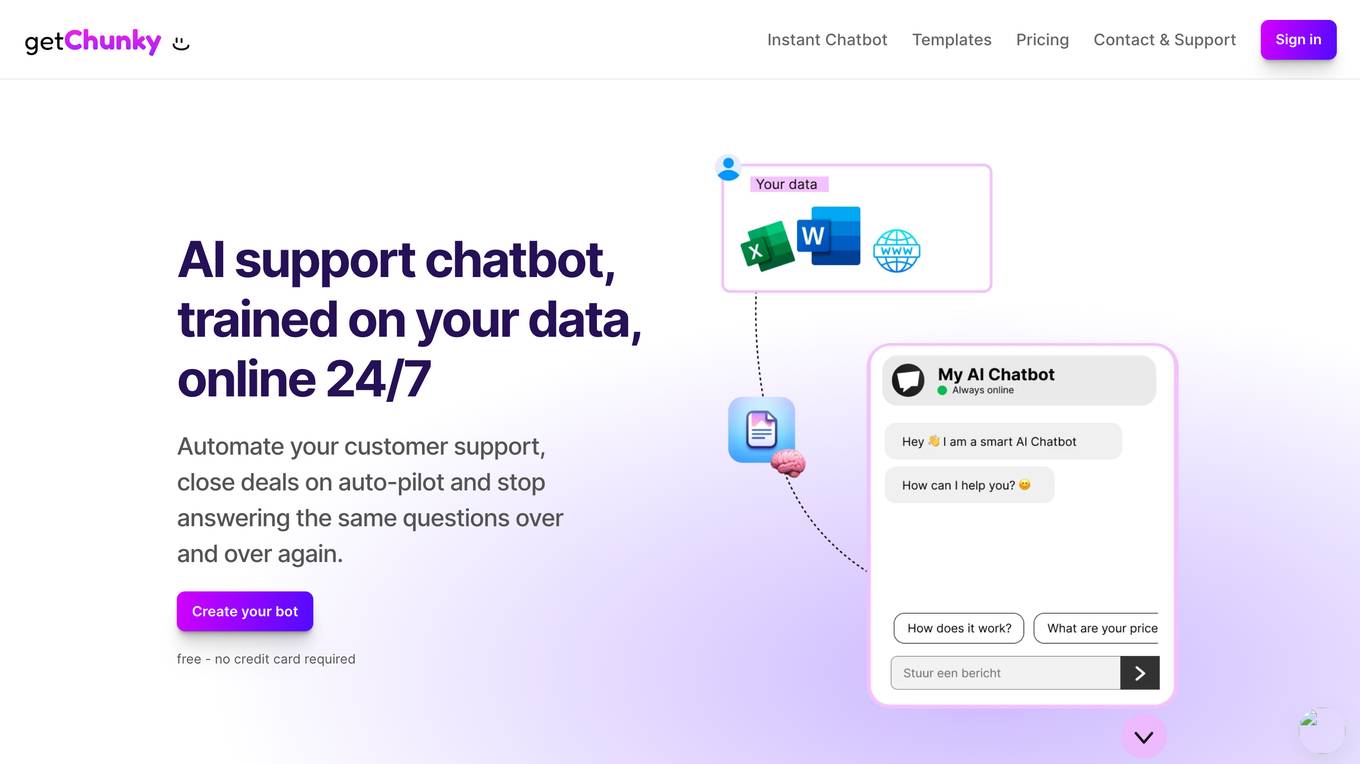
Chunky
Chunky is an AI chatbot builder that allows users to create human-like chatbots effortlessly. With Chunky, users can automate customer support, answer frequently asked questions, and save time by setting up their own AI-powered bot in just a few minutes. The platform offers a user-friendly experience with no coding required, integrated chatbot deployment on websites, and customization options for branding. Chunky utilizes the ChatGPT API and Embeddings provided by OpenAI to deliver smart chatbot interactions in close to 95 languages.
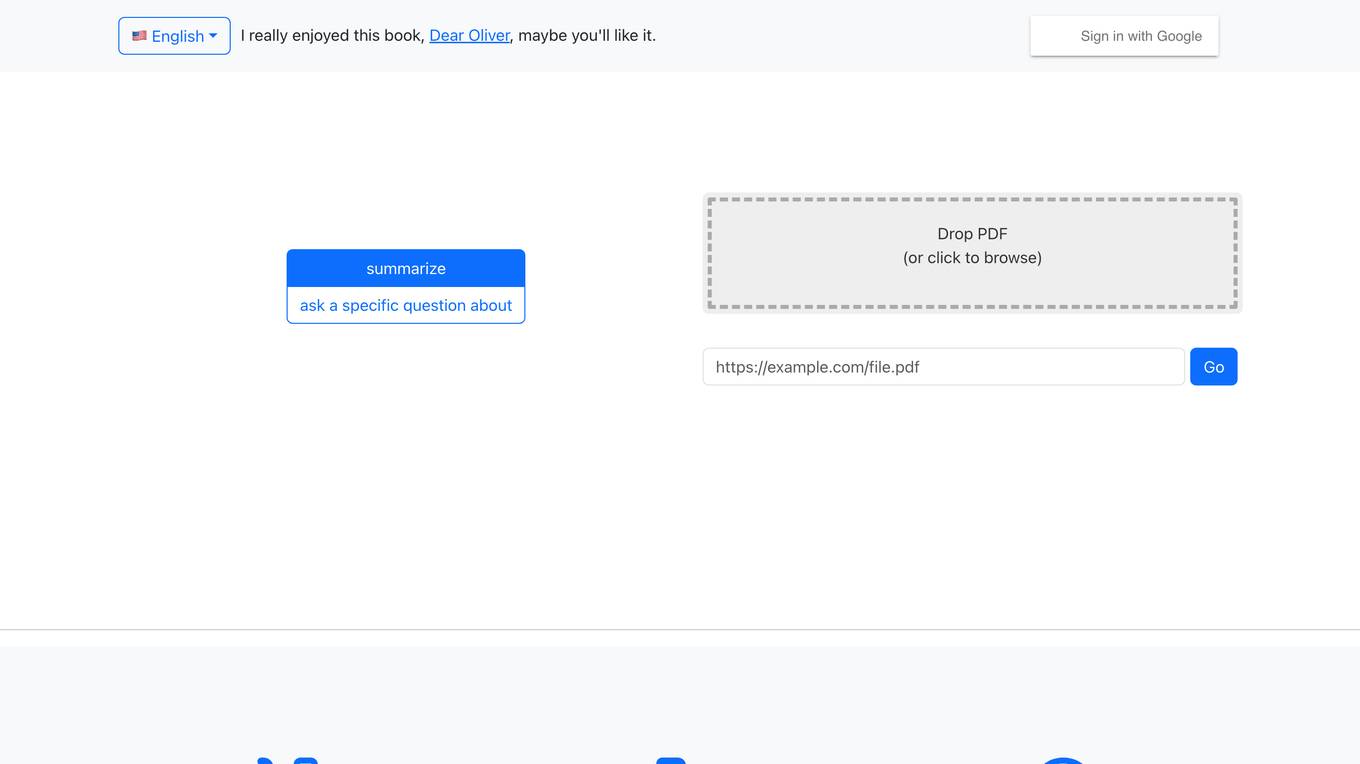
pdf → gpt
pdf → gpt is a tool that allows users to summarize large PDFs using GPT. It is a web-based application that is easy to use and can be accessed from any device with an internet connection. Users simply need to upload a PDF file to the application and then select the desired summary length. The application will then generate a summary of the PDF file that is tailored to the user's needs.
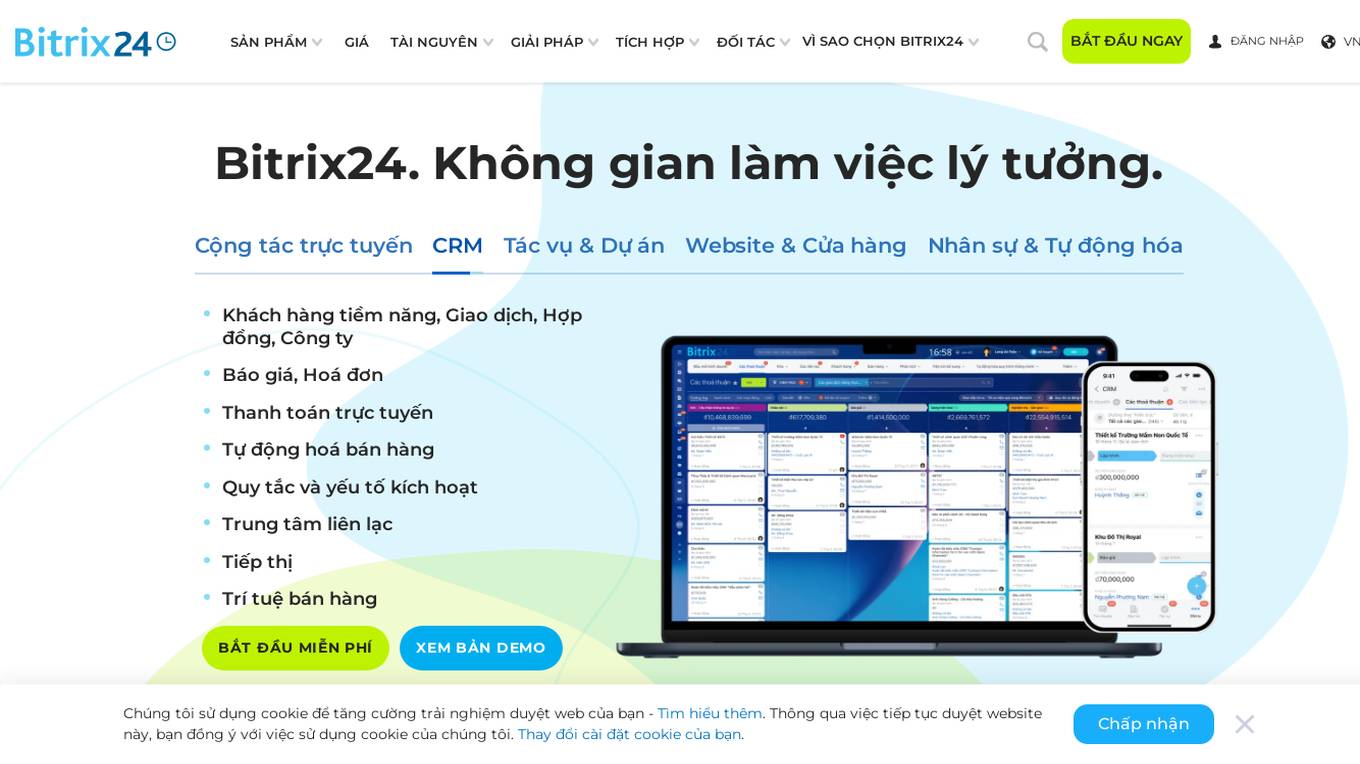
Bitrix24
Bitrix24 is an all-in-one online workspace for businesses, offering features such as CRM, task management, online meetings, and more. It provides tools for managing sales, customer relationships, communication, collaboration, marketing, project management, human resources, and automation. Bitrix24 aims to streamline workflows, enhance team collaboration, and improve productivity by integrating various business functions into a single platform.
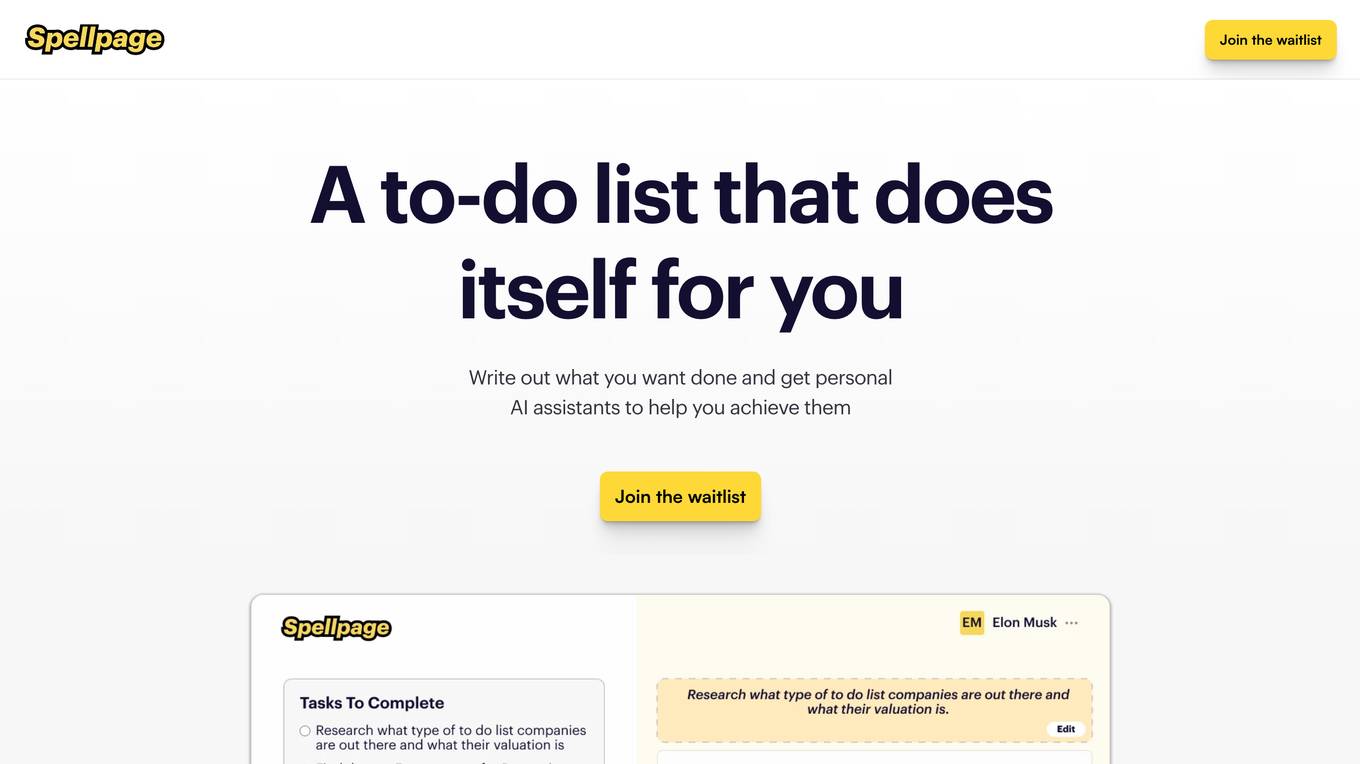
Spellpage
Spellpage is an AI-powered to-do list application designed to help users manage their tasks efficiently. Users can write down their tasks and get personal AI assistants to assist them in achieving their goals. The application offers features such as automating tasks, research assistance, task workflows automation, motivation, and coaching. Spellpage aims to provide users with tireless personal assistants to help them get things done effectively and efficiently.
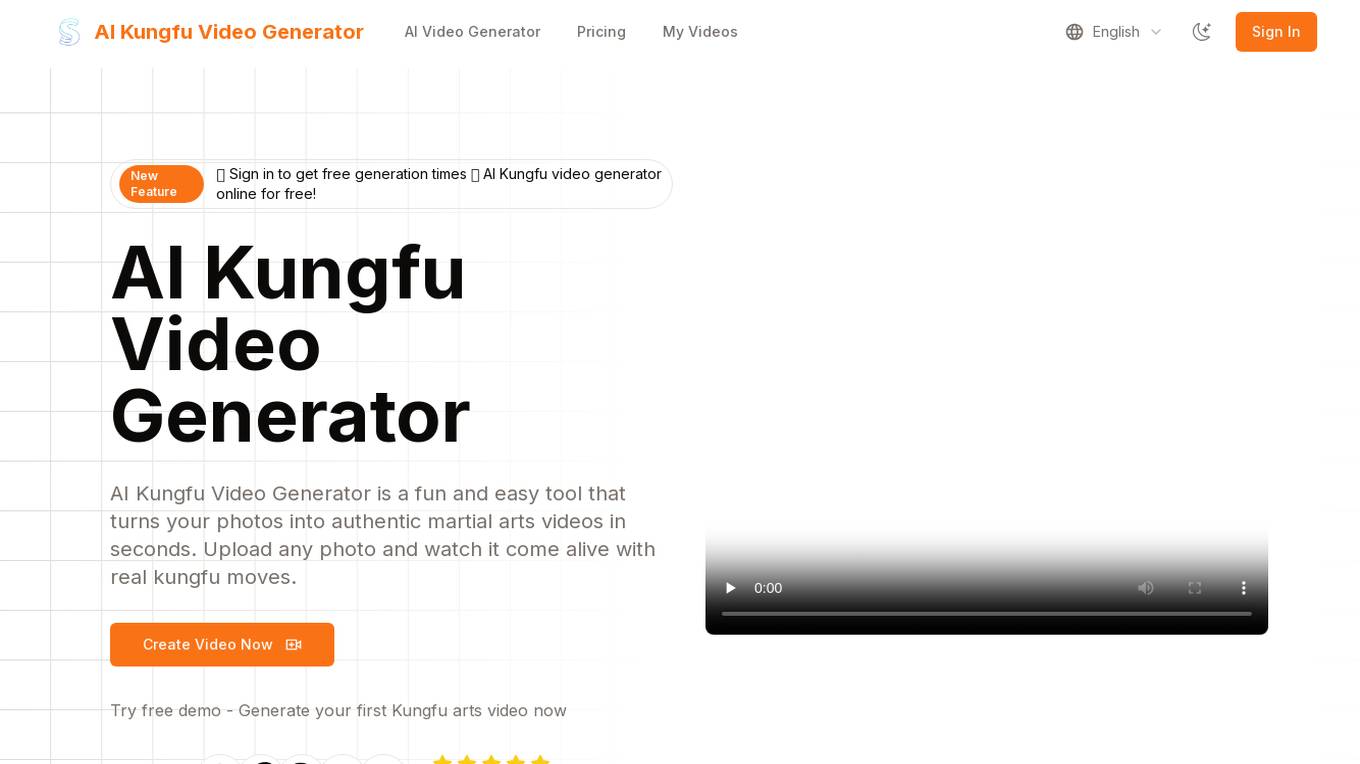
AI Kungfu Video Generator
AI Kungfu Video Generator is a revolutionary AI-powered platform that transforms your photos into authentic martial arts videos in just seconds. By combining cutting-edge AI technology with martial arts expertise, users can create stunning action sequences without any prior training. The tool offers customizable styles, quick results, and high-quality output for effortless video generation. Whether you're a content creator, martial arts enthusiast, or creative novice, AI Kungfu Video Generator provides a fun and easy way to bring your Kungfu dreams to life.
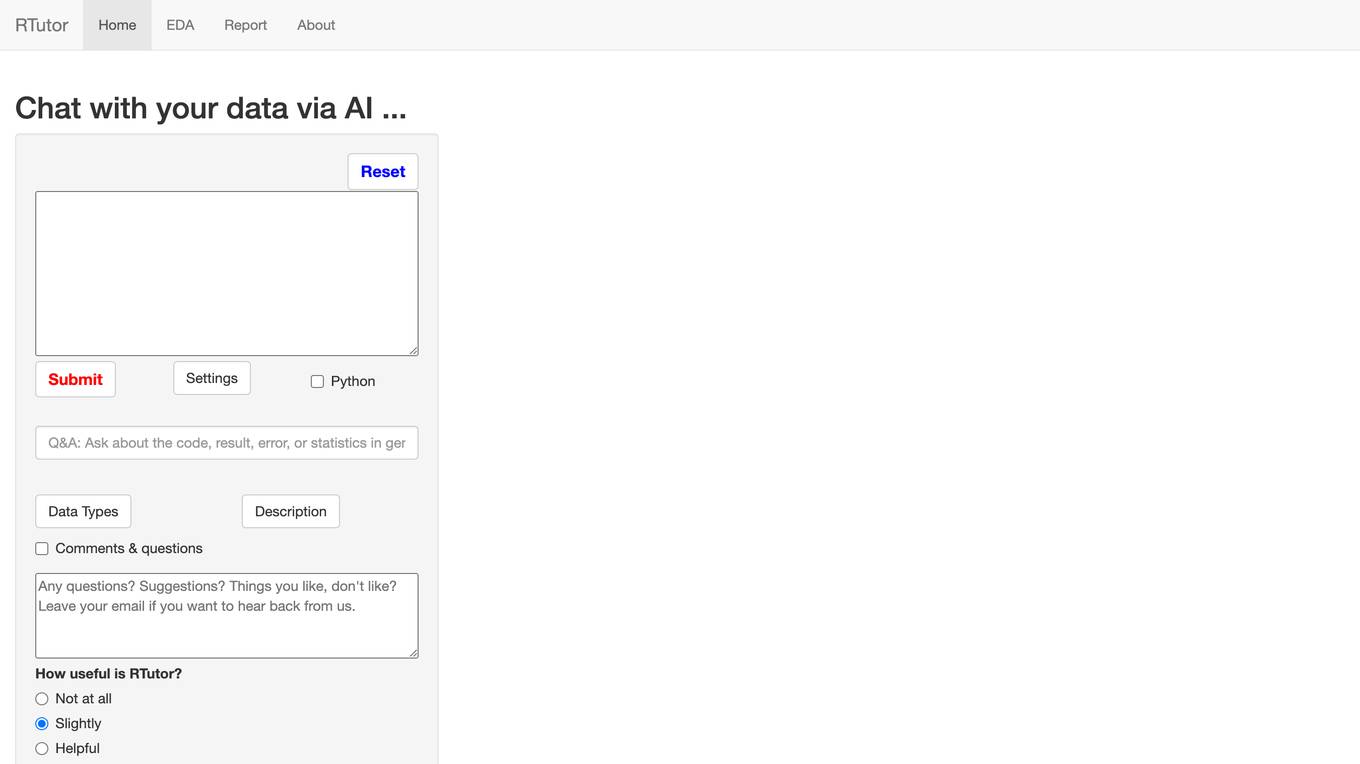
RTutor
RTutor is an AI tool that utilizes OpenAI's large language models to translate natural language into R or Python code for data analysis. Users can upload data in various formats, ask questions, and receive results in plain English. The tool allows for exploring data, generating basic plots, and gradually adding complexity to the analysis. RTutor can only analyze traditional statistics data where rows are observations and columns are variables. It offers a comprehensive EDA (Exploratory Data Analysis) report and provides code chunks for analysis.
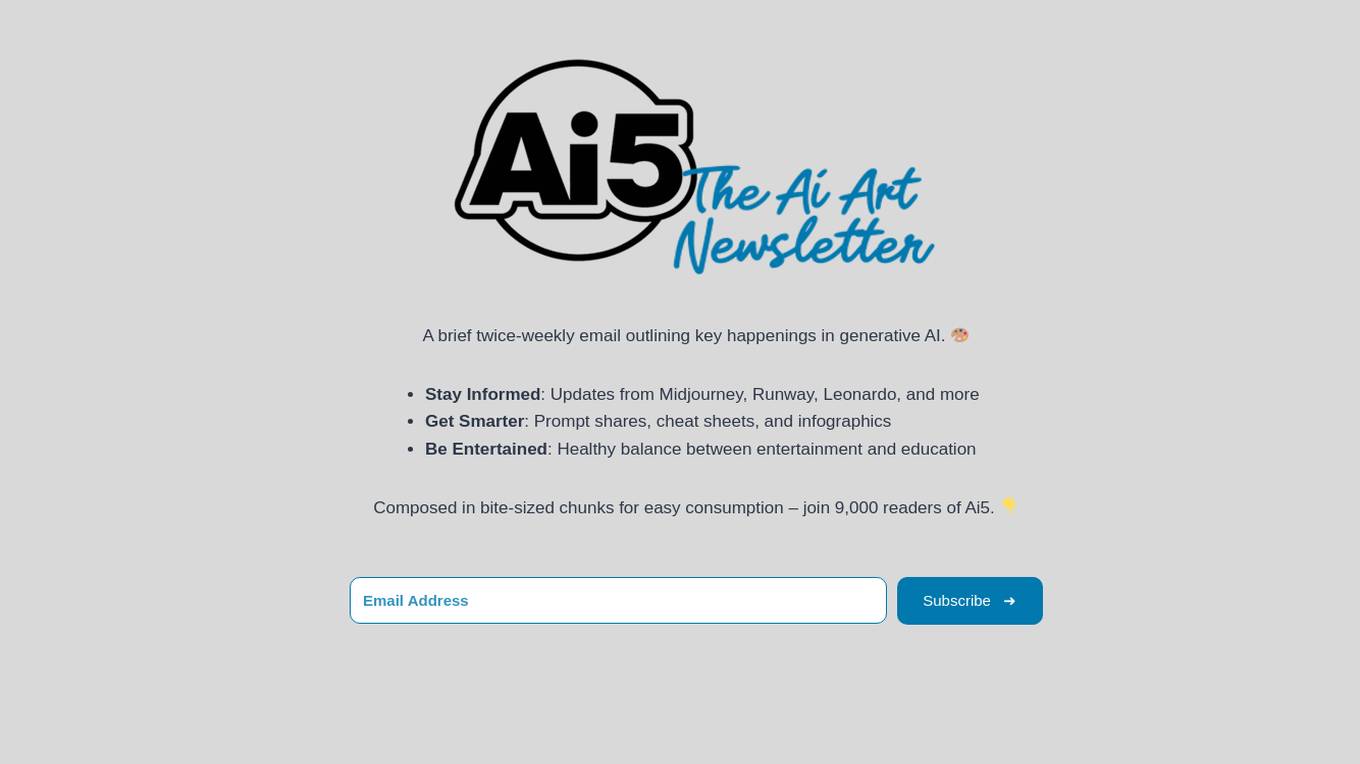
Ai5
Ai5 is an AI-powered newsletter that provides a brief twice-weekly email outlining key happenings in generative AI. It keeps readers informed with updates from Midjourney, Runway, Leonardo, and more. The newsletter aims to help readers get smarter through prompt shares, cheat sheets, and infographics while maintaining a healthy balance between entertainment and education. Ai5 is composed in bite-sized chunks for easy consumption and has a readership of 9,000 subscribers.
2 - Open Source AI Tools
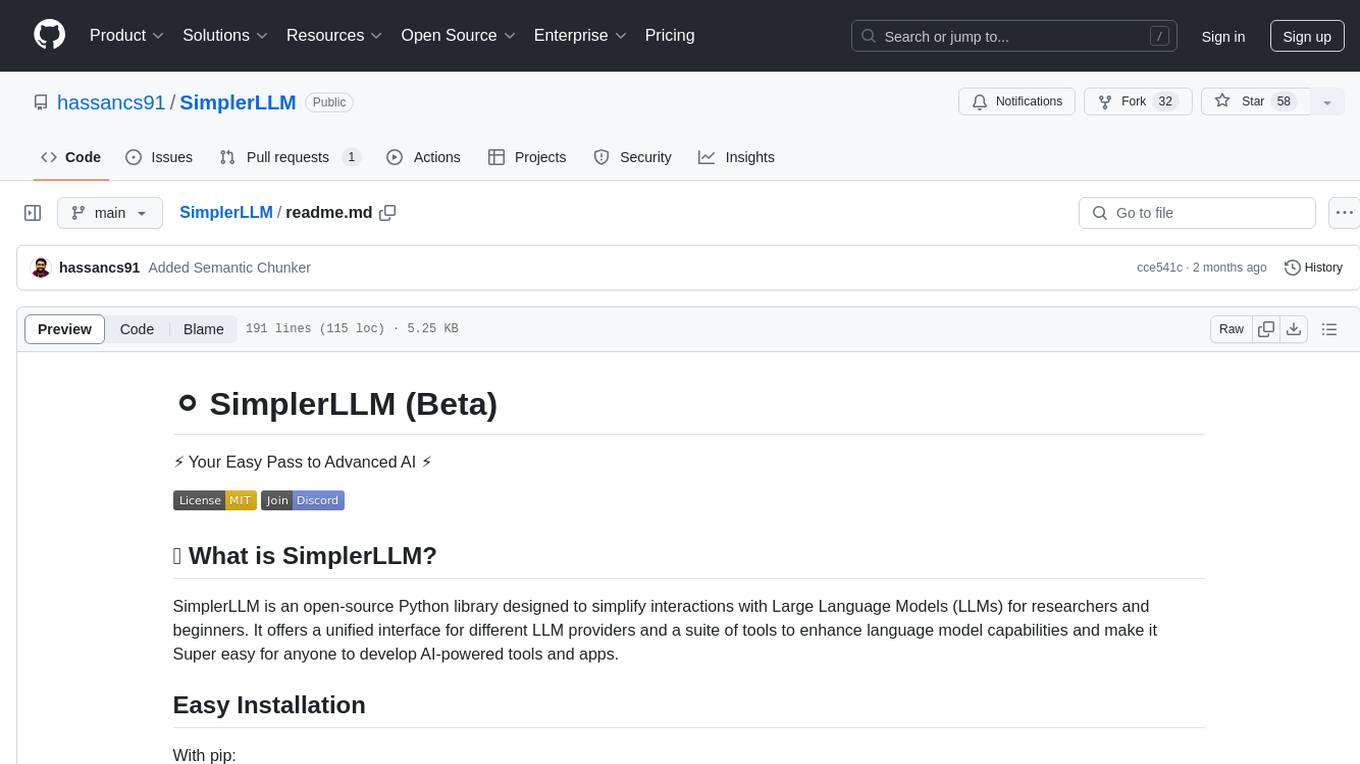
SimplerLLM
SimplerLLM is an open-source Python library that simplifies interactions with Large Language Models (LLMs) for researchers and beginners. It provides a unified interface for different LLM providers, tools for enhancing language model capabilities, and easy development of AI-powered tools and apps. The library offers features like unified LLM interface, generic text loader, RapidAPI connector, SERP integration, prompt template builder, and more. Users can easily set up environment variables, create LLM instances, use tools like SERP, generic text loader, calling RapidAPI APIs, and prompt template builder. Additionally, the library includes chunking functions to split texts into manageable chunks based on different criteria. Future updates will bring more tools, interactions with local LLMs, prompt optimization, response evaluation, GPT Trainer, document chunker, advanced document loader, integration with more providers, Simple RAG with SimplerVectors, integration with vector databases, agent builder, and LLM server.
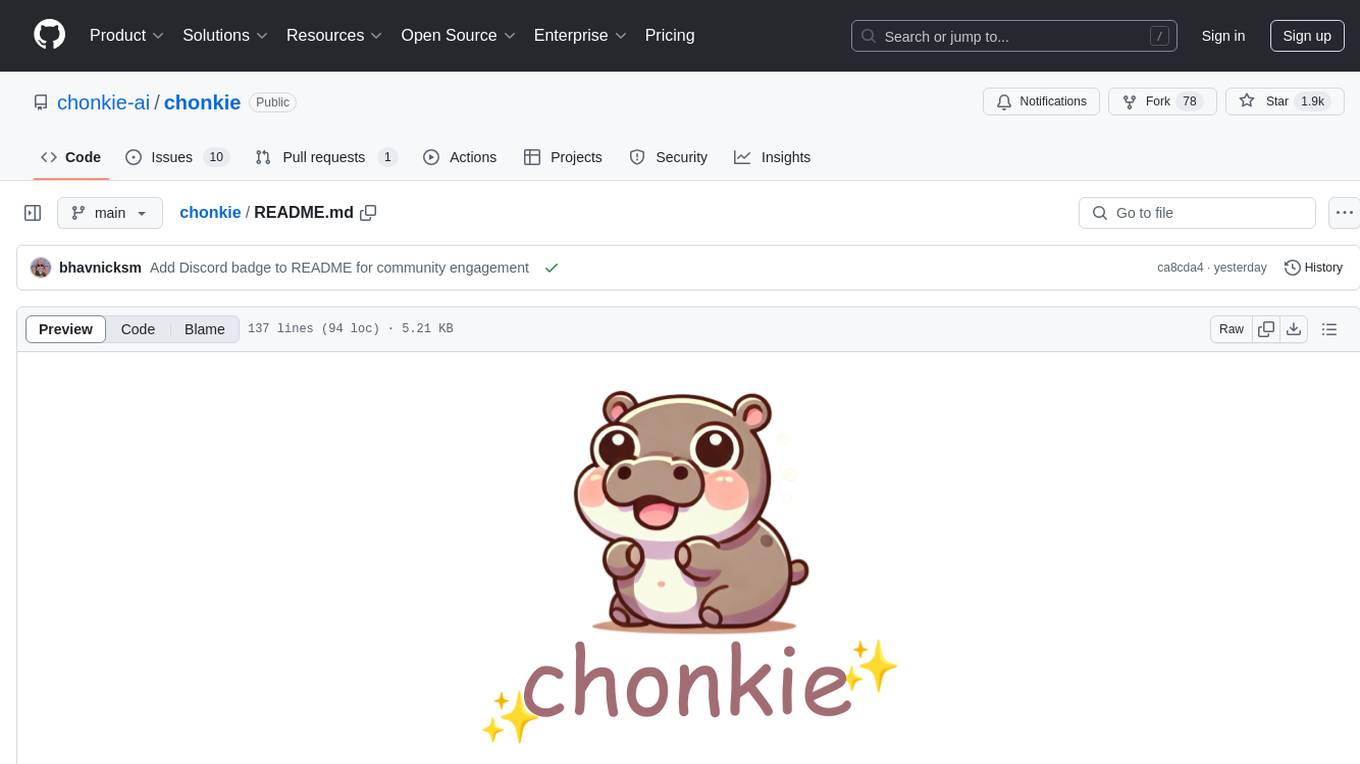
chonkie
Chonkie is a lightweight and fast RAG chunking library designed to efficiently split text for RAG (Retrieval-Augmented Generation) applications. It offers various chunking methods like TokenChunker, WordChunker, SentenceChunker, SemanticChunker, SDPMChunker, and an experimental LateChunker. Chonkie is feature-rich, easy to use, fast, supports multiple tokenizers, and comes with a cute pygmy hippo mascot. It aims to provide a no-nonsense solution for chunking text without the need to worry about dependencies or bloat.
5 - OpenAI Gpts
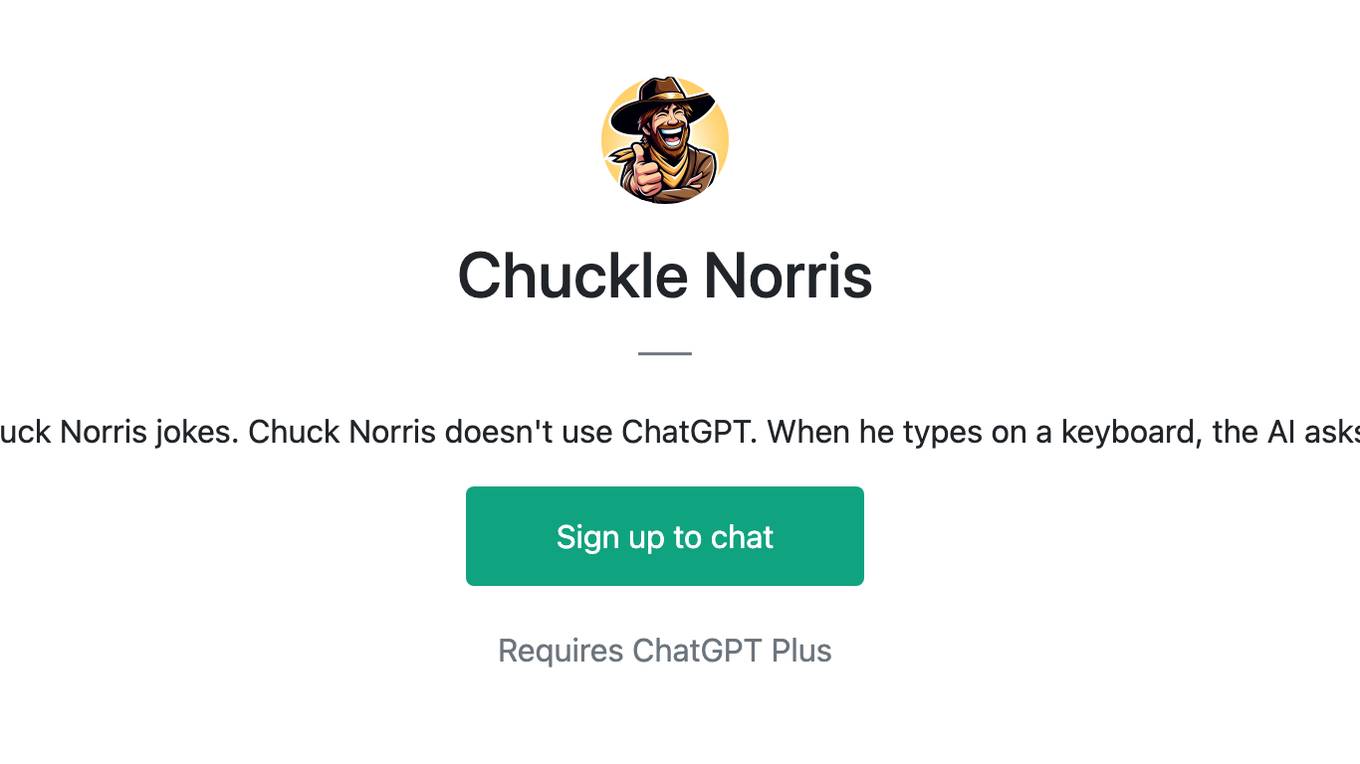
Chuckle Norris
I generate playful Chuck Norris jokes. Chuck Norris doesn't use ChatGPT. When he types on a keyboard, the AI asks him for guidance.
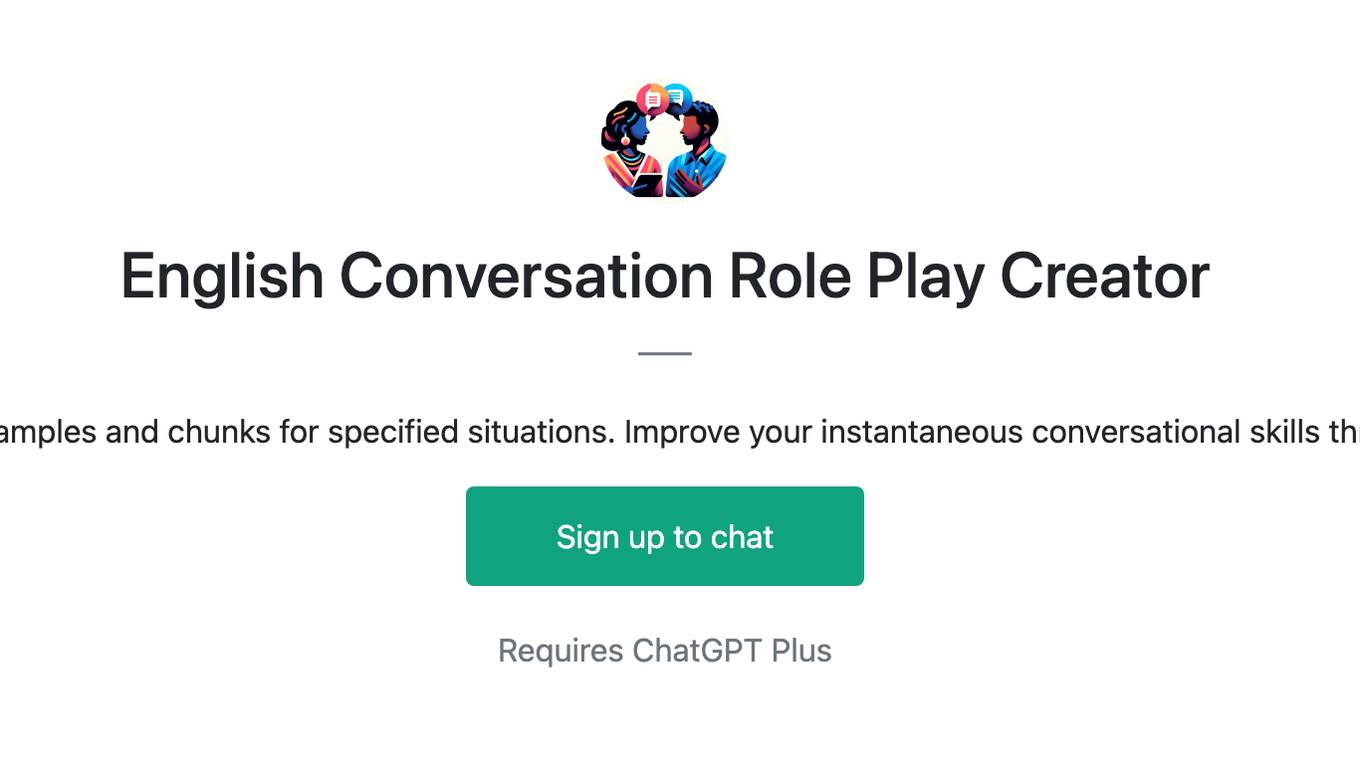
English Conversation Role Play Creator
Generates conversation examples and chunks for specified situations. Improve your instantaneous conversational skills through repetitive practice!
